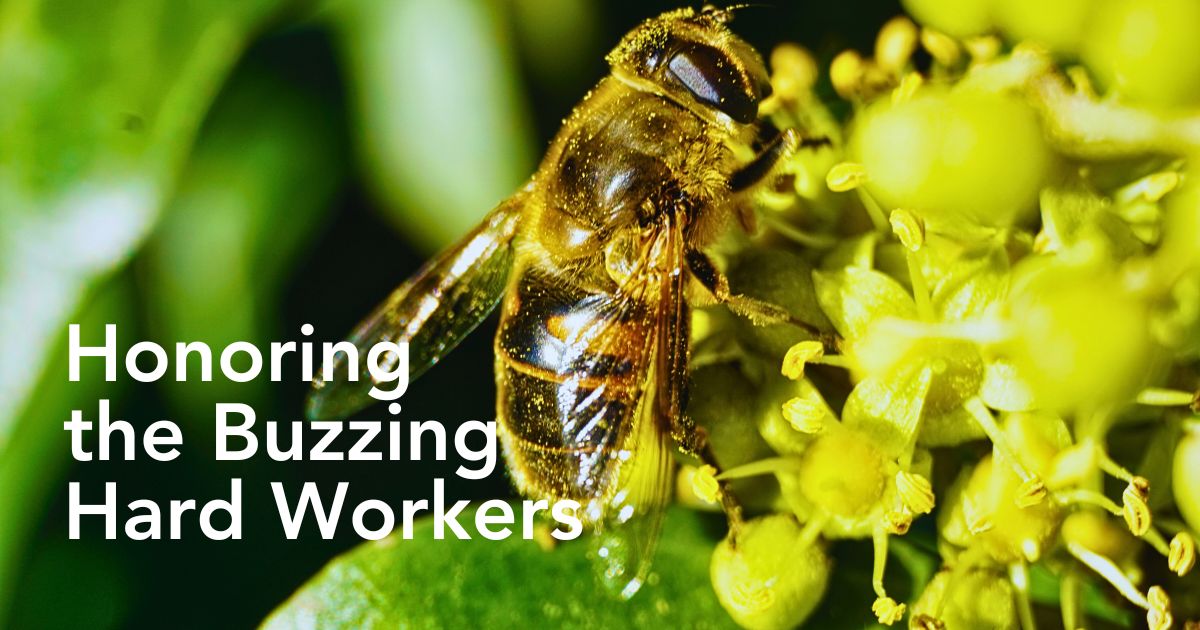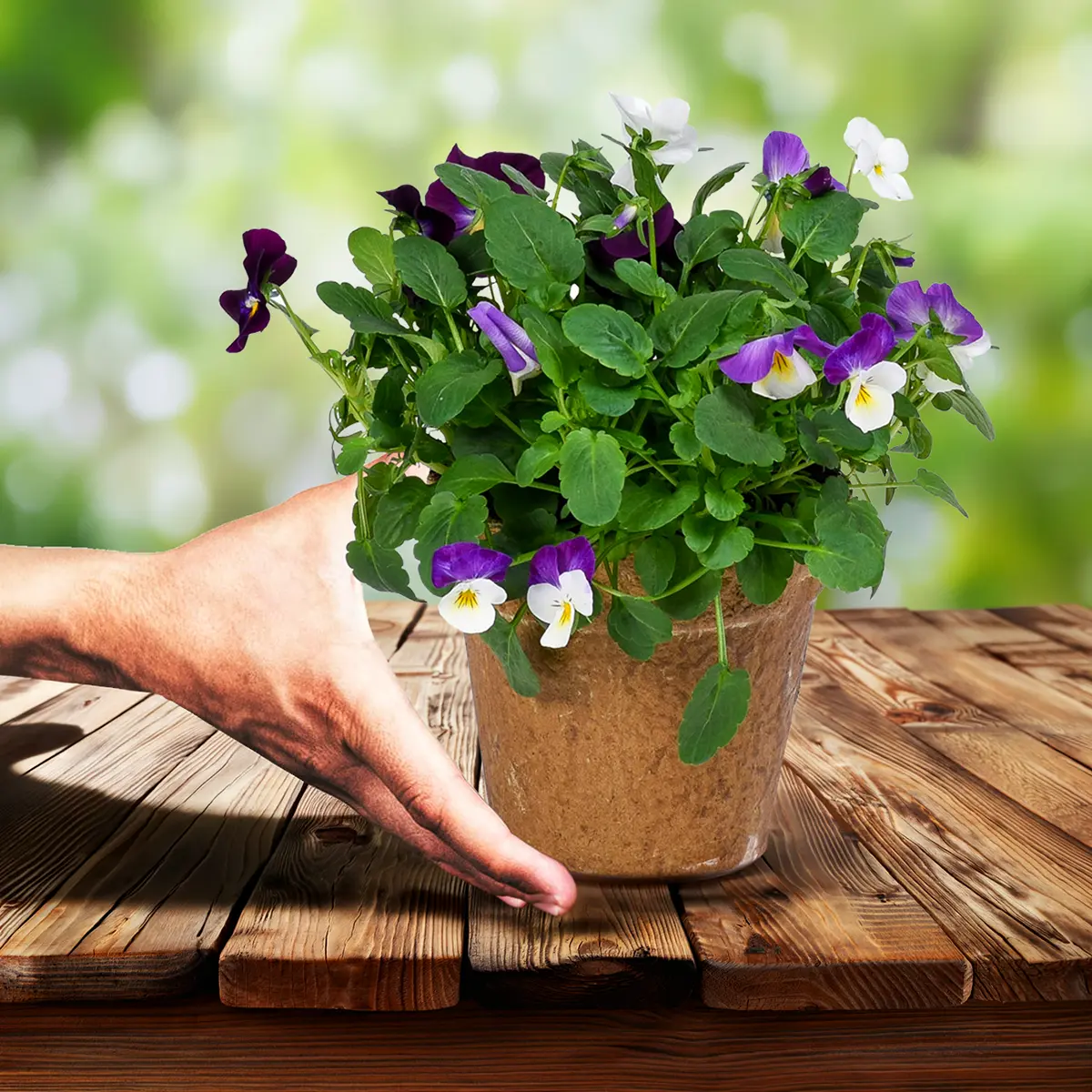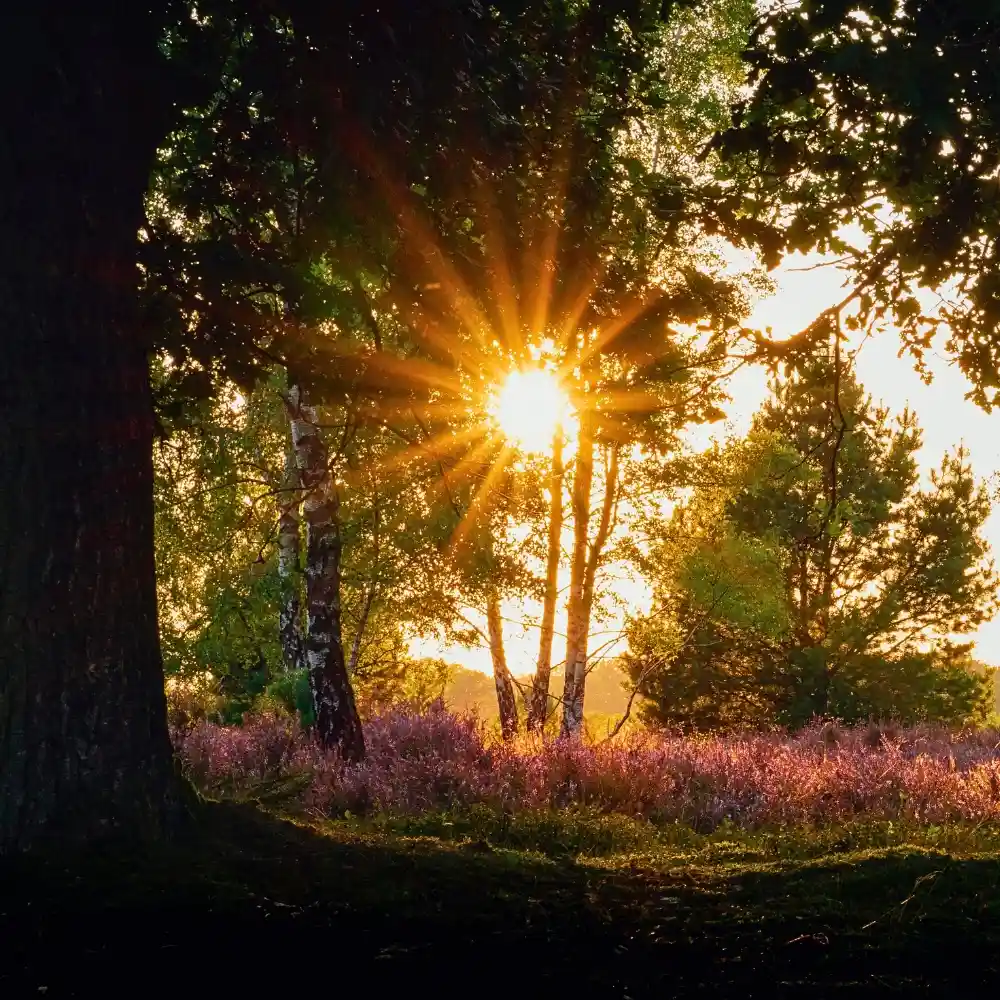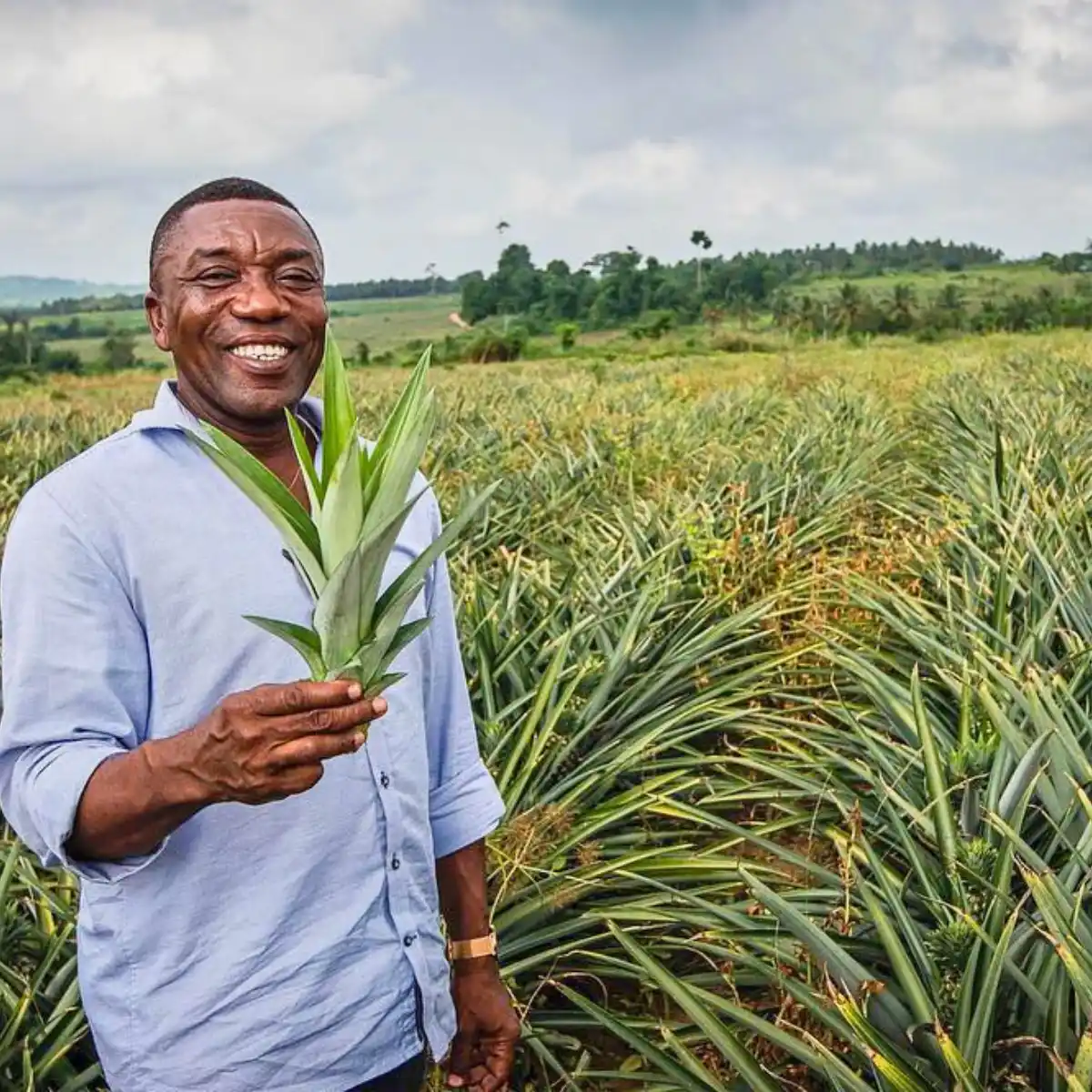Bees are an important part of plant and flower production; thus, promoting their protection and conservation is something that can never be overlooked. As a result, the World Honey Bee Day, also known as National Honey Bee Day, is an annual event celebrated in many countries around the world on the third Saturday of August each year, dedicated to raising awareness about the critical role of honey bees in ecosystems. This day is observed with the primary purpose of educating the public about the importance of honey bees as pollinators and the significant impact they have on global food and plant production.
A Brief History of the World Honey Bee Day
World Honey Bee Day began as National Honey Bee Day in 2009 with a proclamation issued by the U.S. Secretary of Agriculture, Thomas J. Vilsek. The day grew fast, bringing awareness to the benefits and environmental needs of honey bees. Honey bees are responsible for several purposes, including pollinating crops, like fruits, vegetables, nuts, and seeds, which are essential for maintaining a diverse and nutritious food supply.
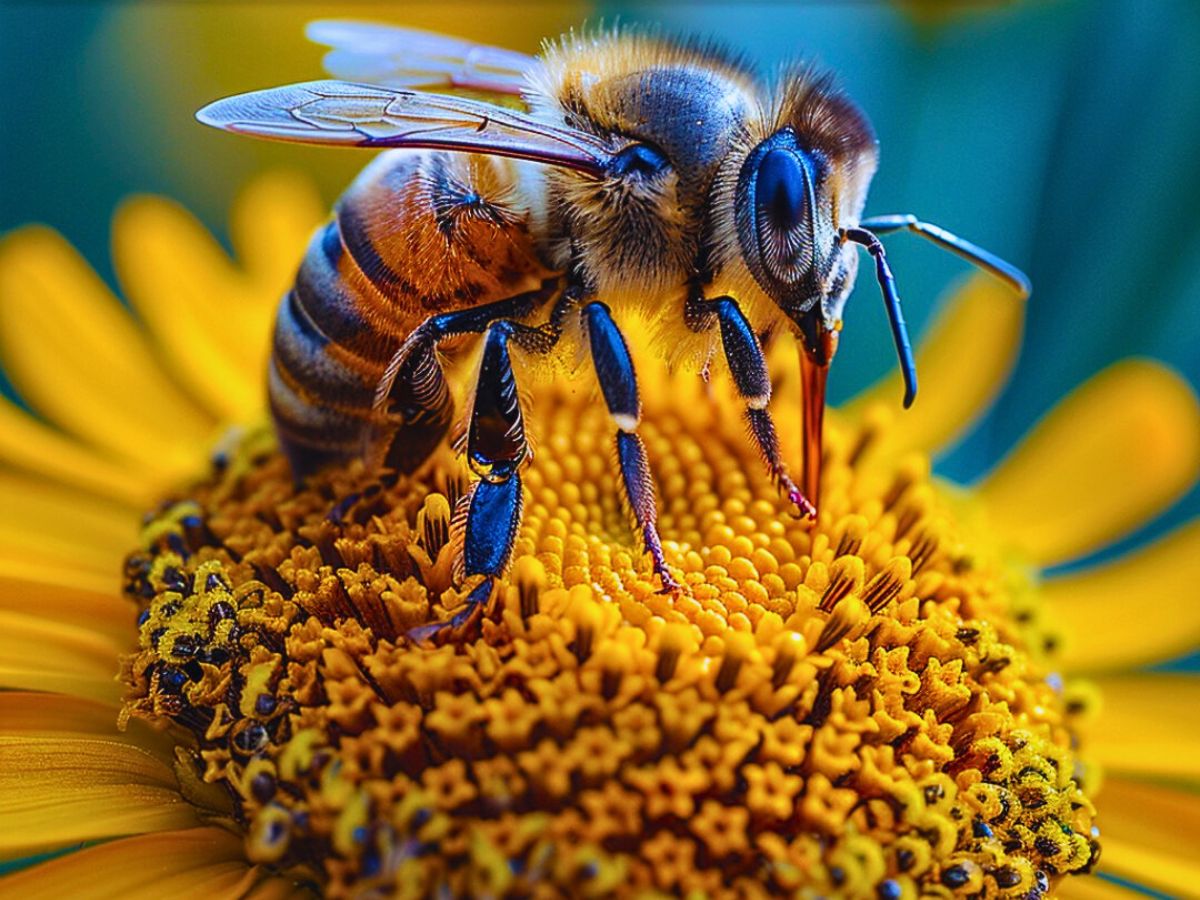
Note: This day must be confused with World Bee Day on the 20th of May, which focuses on the broader category of pollinators, including bees, butterflies, birds, and bats, and their crucial role in agriculture and biodiversity. Of course, you should celebrate both!
While World Bee Day focuses on broader pollinator conservation, World Honey Bee Day specifically highlights the vital role of honey bees and acknowledges the work of beekeepers worldwide, while also promoting actions to protect bee populations.
This day is celebrated in different countries with events, activities, and educational programs organized to mark it. It also encourages everyone to enjoy and buy locally grown honey while learning about these buzzing beneficial insects. People also get to learn about the challenges that honey bees face, such as habitat loss, pesticide exposure, climate change, and diseases. However, the key goal is to inspire people to take action and make positive changes to support the honey bee's health and well-being.
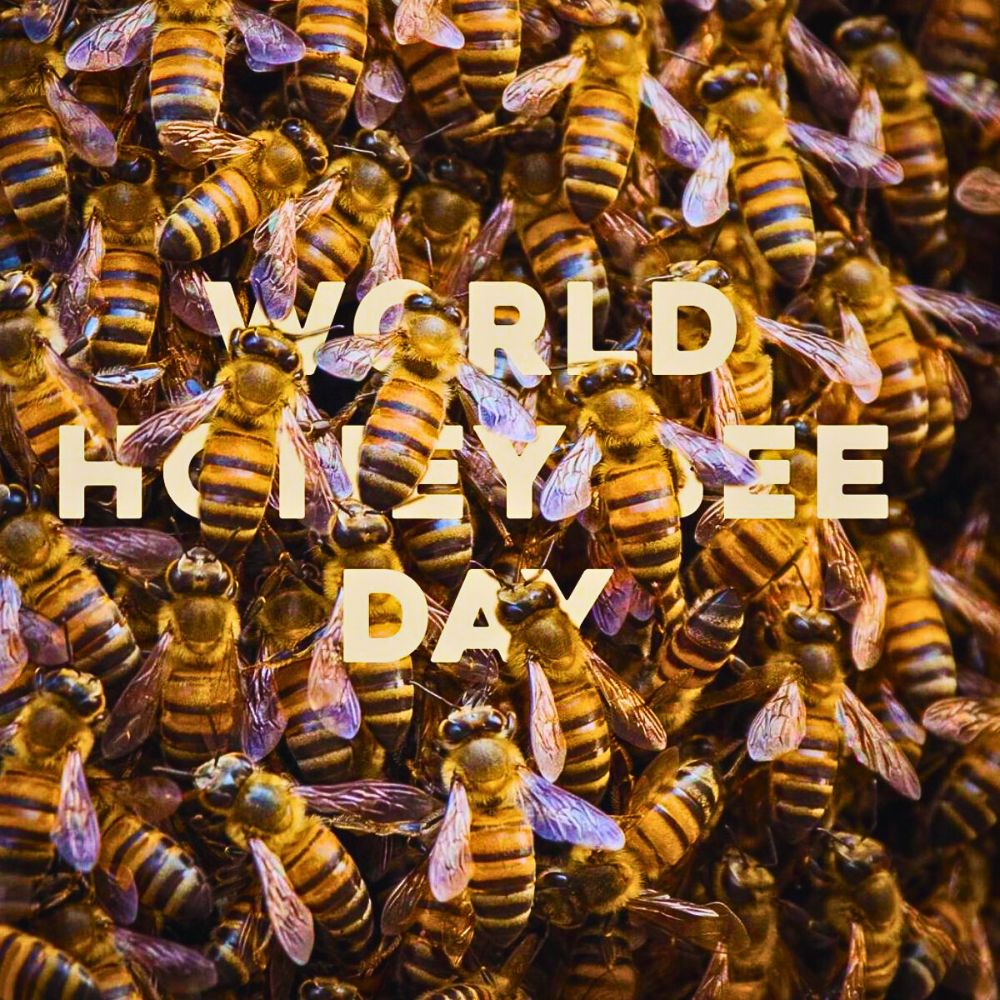
Not many insects catch the attention of people quite like the honey bees. These tiny, diligent pollinators play a vital role in the ecosystem, ensuring the survival of countless plant species and contributing to the production of one-third of the food people consume, which is why this day was created: to celebrate and raise awareness about their significance.
National Honey Bee Day was first celebrated in the U.S. in 2009, in an initiative launched by beekeepers, educators, and honey enthusiasts seeking to highlight the vital role of honey bees. They sought to create awareness about the honey bee's plight and emphasize the importance of its conservation. They opined that though a small insect, the honey bee holds so many benefits to our survival as humans; hence, the need to protect it and conserve its habitats.
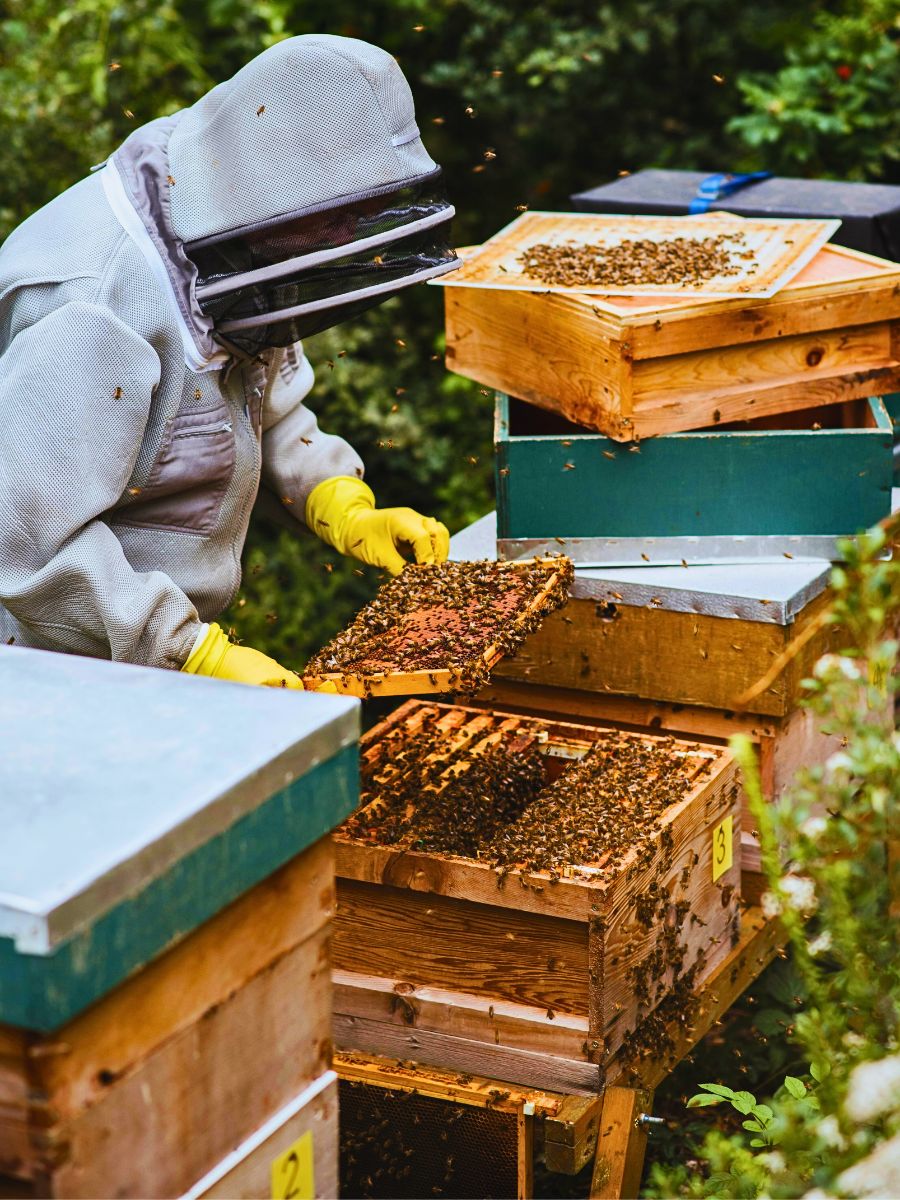
A Special Day Expanding Across the Globe
Ever since it was started, World Honey Bee Day has rapidly spread its wings across the globe, garnering attention and participation from bee lovers, environmentalists, and communities across different regions. In Canada, World Honey Bee Day gained traction, with local beekeeping associations organizing educational events, honey tastings, and community gatherings. These events aimed to engage and educate the public about the crucial role of honey bees, inspiring individuals to take action within their communities.
Across the Atlantic, the United Kingdom has also embraced the spirit of World Honey Bee Day. Beekeeping associations, environmental organizations, and even schools come together to organize events and activities that educate people of all ages about bees and their significance in maintaining a healthy ecosystem. Not to be left behind, Australia has also been abuzz with excitement for World Honey Bee Day.
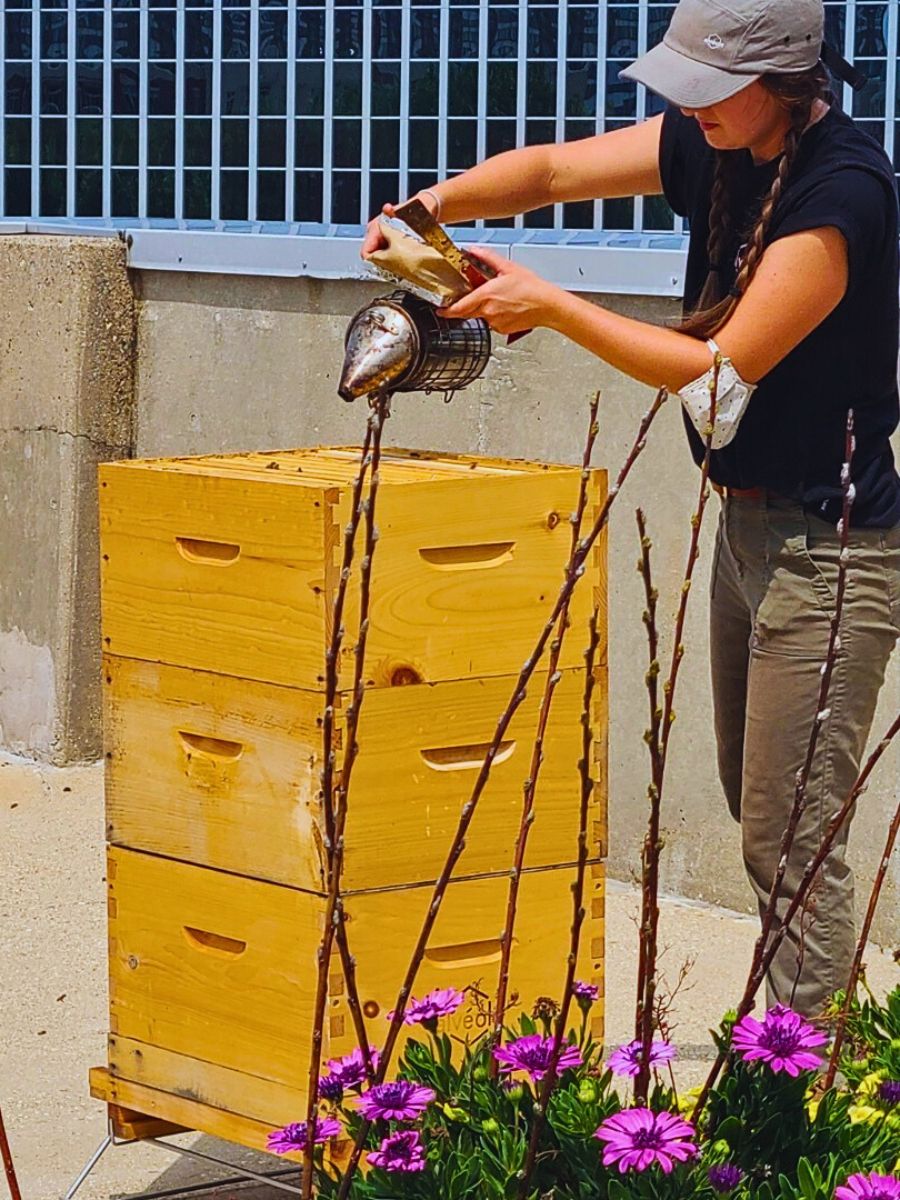
From beekeeping workshops to honey tastings and art exhibitions, the Land Down Under showcases its appreciation for these industrious creatures, highlighting the need for their preservation. The celebration has even reached countries in Asia, such as India and China, where beekeepers and organizations join forces to raise awareness about the essential role of bees in pollination and food production.
What Is the Significance and Symbolism of World Honey Bee Day?
There is more to World Honey Bee Day than just a celebration. It comes down to two words: awareness and value to our environments. Its meanings and allegories consist of aspects that resonate with these conservation-oriented ideals.
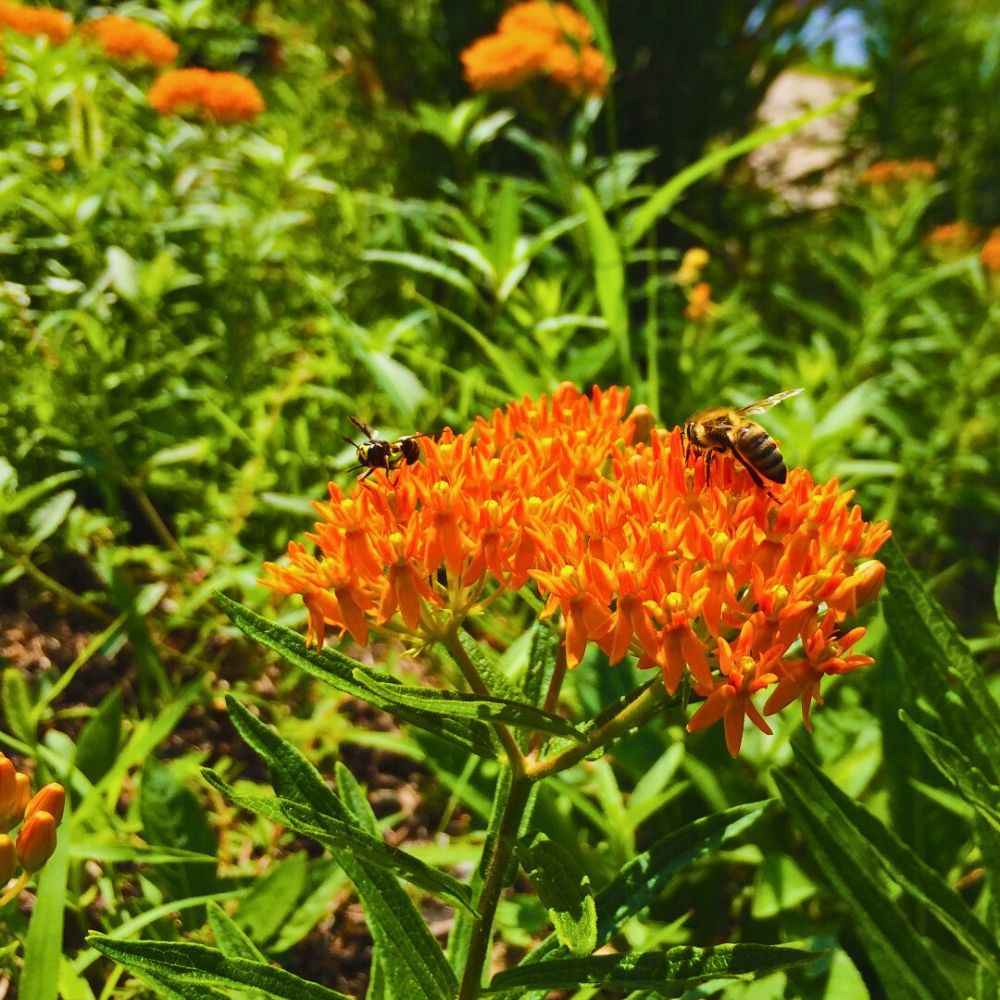
Environmental Importance
Without honey bees, agricultural systems would suffer, which could result in lower crop yields, less biodiversity, and possible food shortages. The urgent need to preserve these pollinators and the precarious balance they uphold in nature is encapsulated in World Honey Bee Day's idea. As constantly buzzing workers, honey bees support the global reproduction of many plant species.
Their hard work guarantees the production of nuts, seeds, fruits, and vegetables—the staples of global food supply. Furthermore, they also put a lot of effort into improving individuals' mental and physical well-being. Their laborious efforts yield the most beautiful collection of flowers and plants, which humans frequently use to brighten their days or get solace during difficult moments.
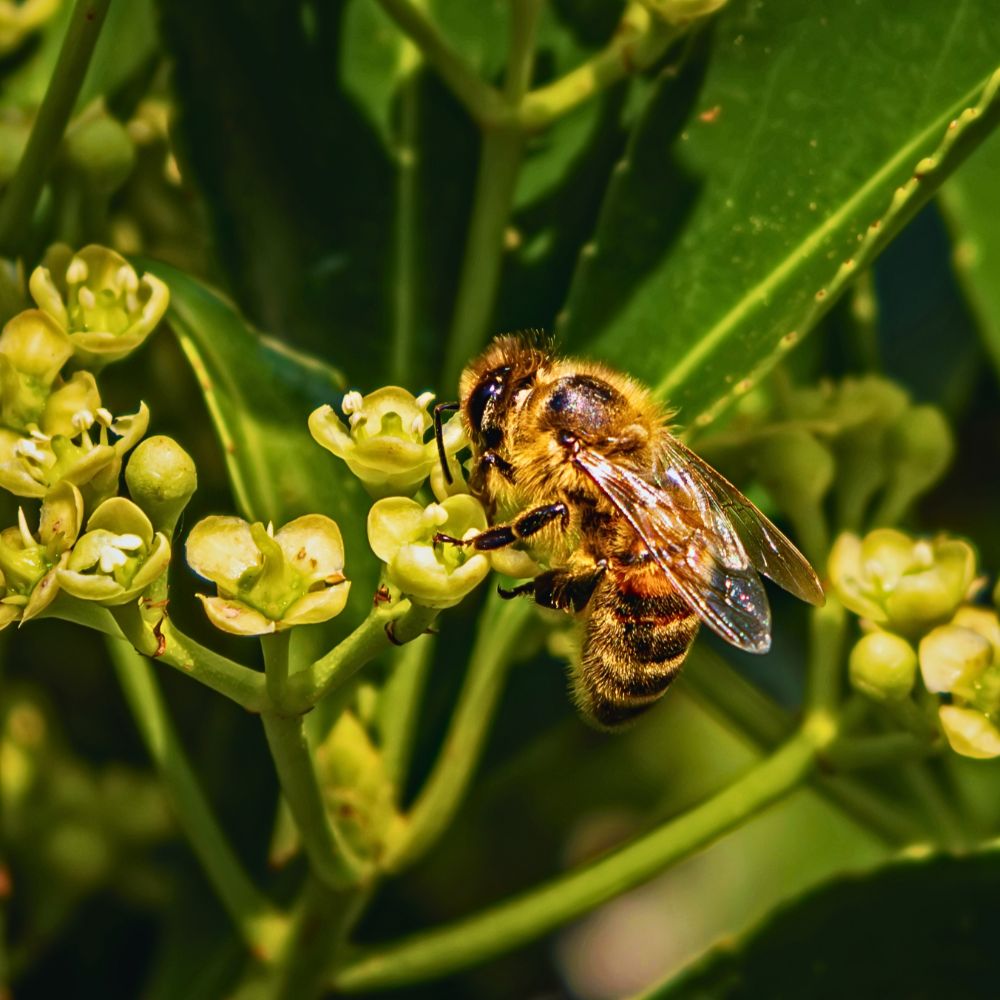
Ecosystem Health
An ecosystem's general health can be determined by the presence of honey bees within it. Their capacity to gather pollen and nectar from different plant species upholds the stability of ecosystems and nurtures biodiversity, supporting the complex web of life. Honey bees' presence in an area indicates that it is a floral resource-rich area with low levels of harmful pollutants. On World Honey Bee Day, people, therefore, draw attention to how crucial it is to protect and restore the environments that are home to honey bees, as doing so benefits the health of the entire planet.
Collaboration and Community
To create and maintain their colonies, honey bees collaborate harmoniously with one another. They collaborate to gather resources, express themselves through complex dances, and defend their hive with quite a devotion. So, to promote honey bee conservation, communities, organizations, and individuals are encouraged to unite on World Honey Bee Day, which, just as well, represents the strength of cooperation and community. When people band together, everyone can do a great deal to protect these amazing animals and their vital role in our ecosystems.
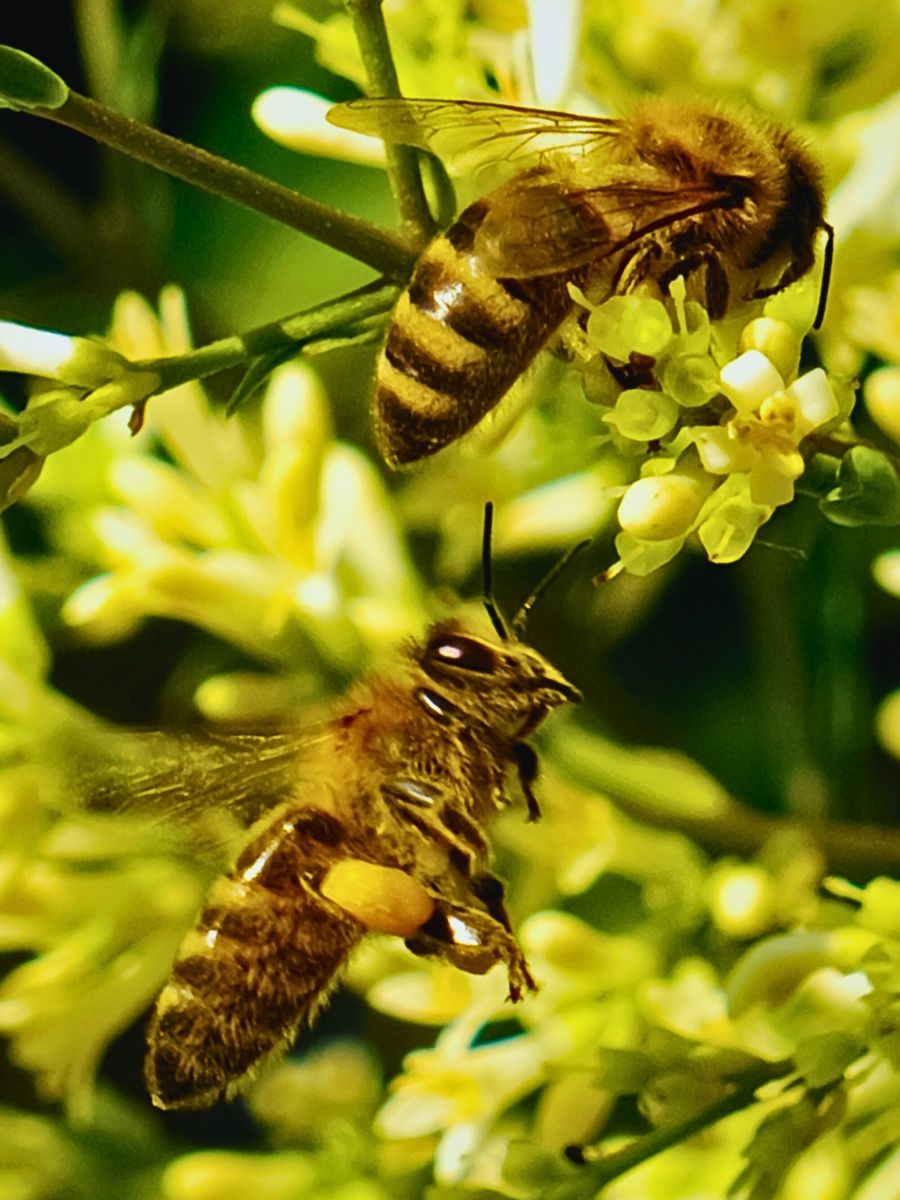
Sweetness and Abundance
For a long time, humans have held honey, the golden nectar made by honey bees, in high regard. It is a treasured natural product because of its sweet flavor, therapeutic benefits, and versatility in cooking. Honey is a symbol of sweetness, plenty, and the benefits of perseverance and diligence.
Inspiring and Informative Activities During the World Honey Bee Day
World Honey Bee Day is not just about celebrating the honey bee but also educating and inspiring individuals to take care of these cute insects. Experts, beekeepers, and enthusiasts come together for informative workshops and seminars to exchange knowledge and experiences. These gatherings offer a forum for learning about the nuances of beekeeping, the value of pollination, and strategies for developing habitats that are beneficial to bees.
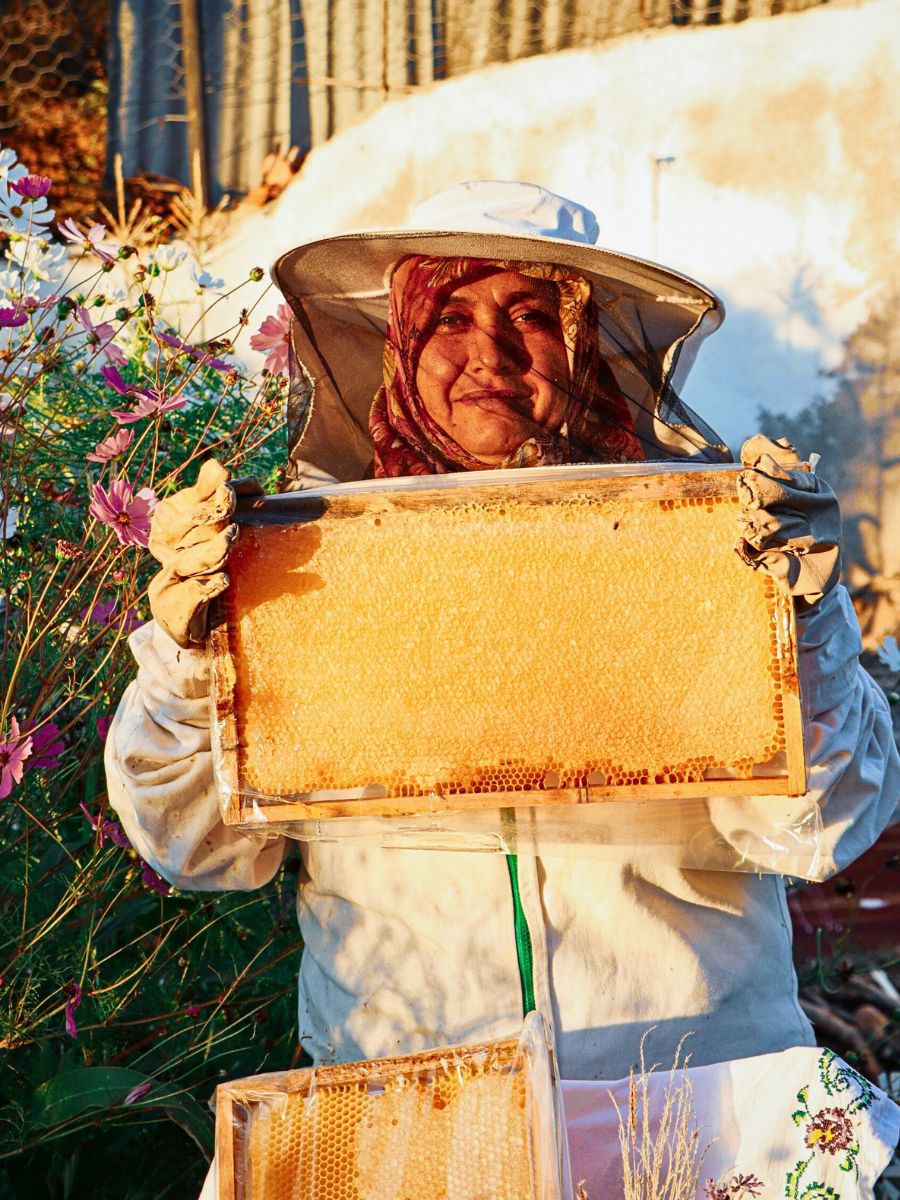
World Honey Bee Day has also increased the popularity of community garden initiatives. These programs encourage people to plant flowers, herbs, and shrubs that are good pollinators in their neighborhoods, thus providing a home for bees and other important pollinators. Also, honey-tasting events, often organized in collaboration with local beekeepers, allow participants to savor the diverse flavors of honey produced by different bee species and regions. These tastings not only tantalize the taste buds but also showcase the work of honey bees and the impact of floral sources on the final product.
Furthermore, art exhibitions and competitions centered around honey bees and their environment provide a creative outlet for artists of all ages. Through paintings, sculptures, and photography, artists capture the significance of these, welcoming viewers to appreciate their contribution to the natural world. Plus, pollinator-friendly gardening campaigns encourage individuals to create habitats that support bees and other pollinators.
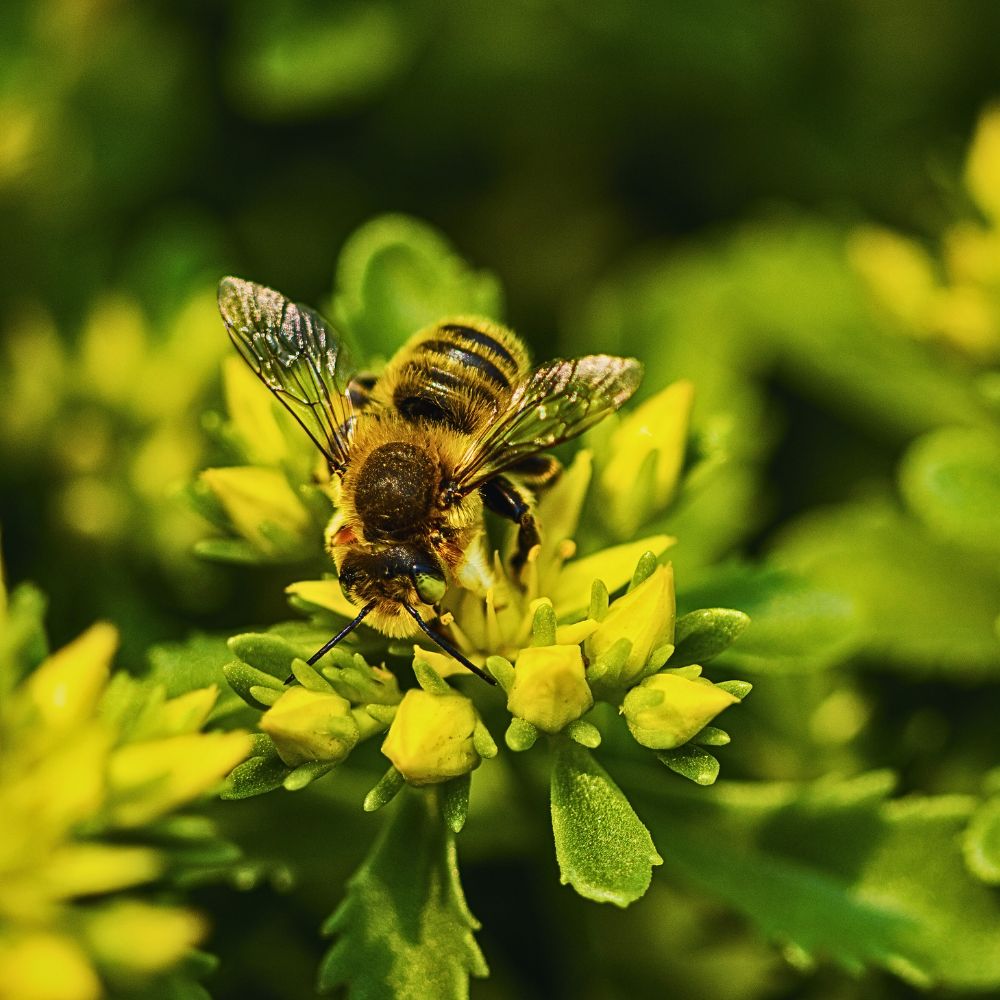
Planting a diverse range of flowers, avoiding the use of harmful pesticides, and providing shelter and water sources guarantees that individuals can contribute to the well-being of honey bees. Even still, supporting local beekeepers and purchasing their honey and other bee-related products not only ensures the continuation of sustainable beekeeping practices but also helps maintain the economic viability of these essential pollinators.
Last but not least, engaging with policymakers and advocating for policies that protect honey bees and their habitats is another crucial aspect of World Honey Bee Day. In raising awareness and highlighting the importance of honey bees in food production and ecological balance, individuals can push for regulations and practices that prioritize honey bees' well-being.
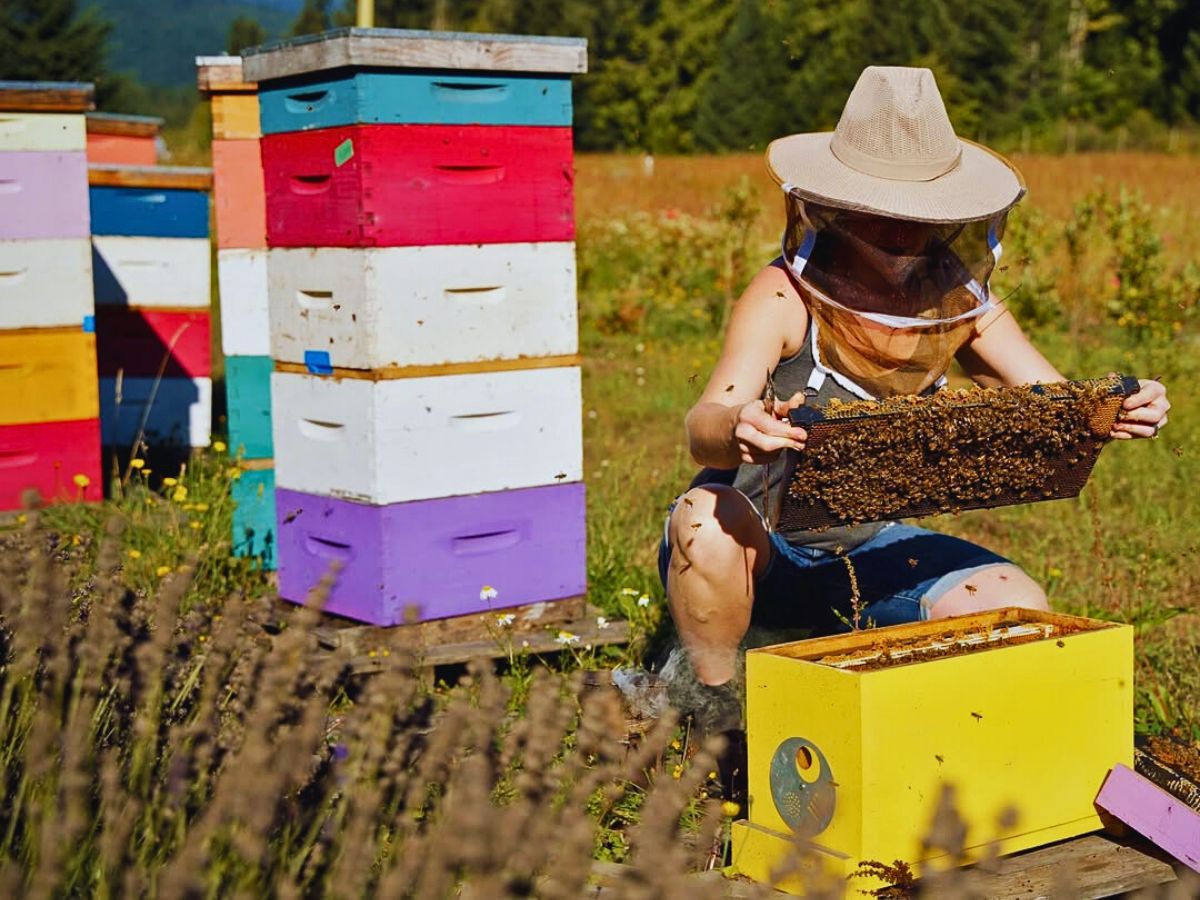
Thus, through educational initiatives, community projects, and conservation advocacy, this annual celebration means people from all walks of life, in their shared admiration for these industrious insects, guarantee the well-being and the health of bees.
Feature image by @naturalgardeneruk. Header image by Elise Vermeer.

